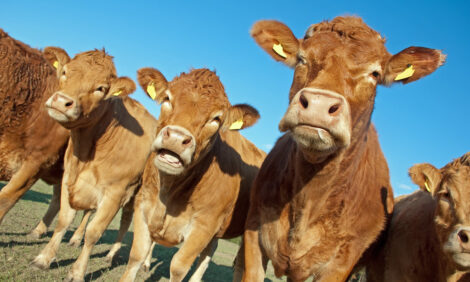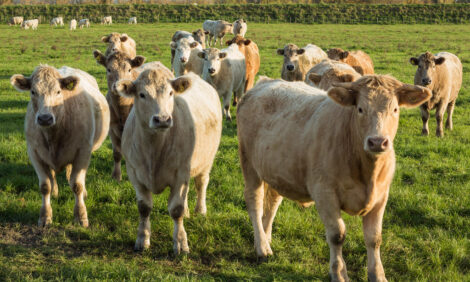



Region's sole lab that tests for mad cow will shut soon
US - The government is scaling back its testing and tracking programs nationwide, saying the costs aren't warranted.The Washington State University lab opened after the nation's first mad cow case in December 2003 prompted new safeguards.
The closure of mad cow testing at WSU and several other locations across the country comes after the U.S. Department of Agriculture determined the prevalence of the disease in the nation's cattle herd is "extraordinarily low."
Costly testing and tracking programs aren't necessary, the federal agency said in reducing mad cow testing by more than 90 percent. Of 759,000 animals tested -- including 45,000 in the Northwest -- only two other infected cows were found after the initial mad cow scare.
The mad cow lab is basically one room inside the Washington State University's Animal Disease Diagnostic Laboratory, one of seven state laboratories conducting testing for USDA, WSU spokesman Charlie Powell said.
When the USDA contract ends this week, the high-technology robotic equipment will remain in place and be used for other types of testing, Powell said. One person faces possible layoff as a result of the closure, he said.
Although the USDA promised to tighten its inspection and testing programs after the mad cow scare, many programs were not implemented or are considered voluntary, food safety advocates said.
"There have been some improvements, but USDA stopped short of implementing several important programs that are vital not only to protect against (mad cow), but to protect the industry against other diseases," said Caroline Smith DeWaal, director of food safety at the Center for Science in the Public Interest, a nonprofit consumer-advocacy group.
Still allowed is the use of cow blood as a food supplement for calves. A prohibition on slaughtering sickly "downer" cows for human consumption has not been made permanent, though it is being enforced.
Source: The Oregonian


